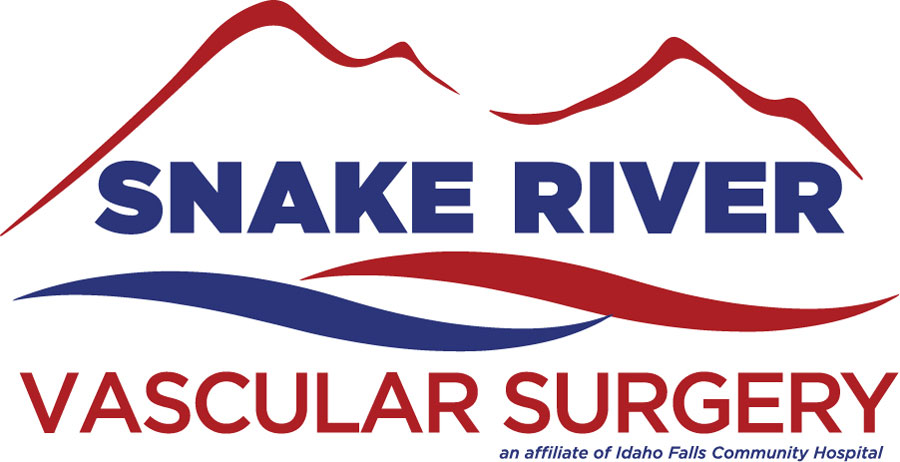10 Ways to Help Dehydrated Veins
Dehydration affects the body in many ways, and one area that can suffer significantly is your veins. Dehydrated veins can lead to complications, especially when medical procedures like blood draws or IV insertions are necessary. Dry, less elastic veins can collapse more easily, making it difficult for healthcare professionals to access them. To keep your veins healthy and hydrated, it’s important to take proactive steps in your daily routine. Here are 10 ways to help keep your veins hydrated and functioning well. If you have any questions about your veins, please call us at Snake River Vascular Surgery!
1. Drink Plenty of Water
The most straightforward way to keep your veins hydrated is by drinking enough water. Aim for at least 8 glasses of water a day, more if you’re physically active or live in a hot climate. Proper hydration helps maintain the elasticity and health of your veins, making them easier to access when needed.
2. Eat Water-Rich Foods
Incorporate water-rich foods into your diet, such as cucumbers, watermelon, oranges, and lettuce. These foods contribute to your overall hydration levels and can support the health of your veins.
3. Limit Caffeine and Alcohol
Caffeine and alcohol are diuretics, meaning they increase the body’s production of urine, which can lead to dehydration. Limit your intake of these beverages to help maintain healthy hydration levels and support vein health.
4. Use a Moisturizer
Keeping your skin moisturized is also important for vein health. Dry, cracked skin can make veins harder to access. Use a hydrating moisturizer regularly, especially on areas where veins are more visible, like your arms and hands.
5. Exercise Regularly
Regular physical activity improves blood circulation, which helps keep your veins healthy. Exercise encourages blood flow and helps prevent your veins from becoming dehydrated and constricted.
6. Elevate Your Legs
Elevating your legs can help reduce pressure on your veins and improve blood circulation. This practice can be especially beneficial for those who spend a lot of time sitting or standing, as it helps prevent blood from pooling in the lower extremities.
7. Wear Compression Socks
Compression socks can help improve blood circulation and reduce the risk of vein dehydration, especially for people prone to varicose veins or those who spend long periods sitting or standing.
8. Avoid Prolonged Sitting or Standing
Sitting or standing for long periods can cause blood to pool in your legs, which may lead to vein dehydration and other issues like varicose veins. Make sure to take breaks to move around or elevate your legs throughout the day.
9. Consume Electrolytes
Electrolytes, such as sodium, potassium, and magnesium, help maintain the body’s fluid balance. Consuming electrolyte-rich foods and drinks, especially after intense physical activity, can help keep your veins hydrated.
10. Stay Cool in Hot Weather
Hot weather can lead to increased fluid loss through sweating, which can cause dehydration. Stay cool and hydrated by drinking extra water, wearing light clothing, and avoiding direct sunlight during peak heat hours.
Dehydration can significantly impact the health and functionality of your veins. By staying properly hydrated, eating a balanced diet, exercising regularly, and taking care of your skin, you can help keep your veins healthy and reduce the risk of complications during medical procedures. Incorporating these 10 tips into your daily routine will ensure that your veins remain hydrated and resilient, supporting your overall health and well-being. Contact us at Snake River Vascular Surgery, we are happy to help you with your vein health!

